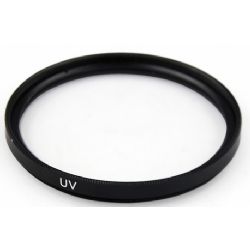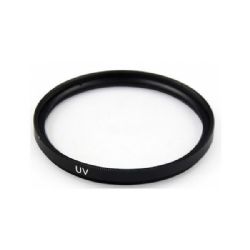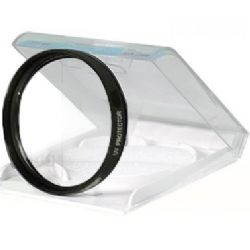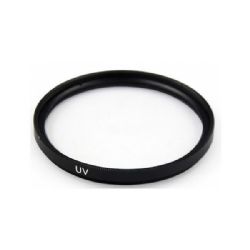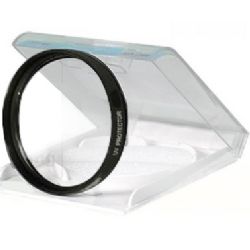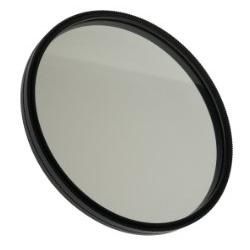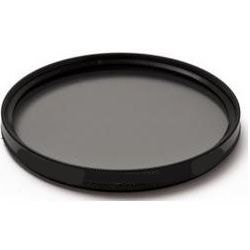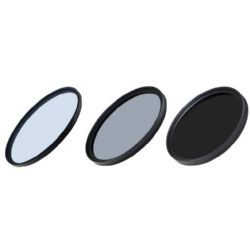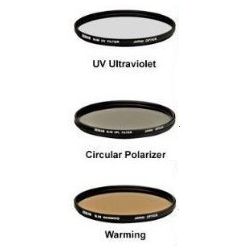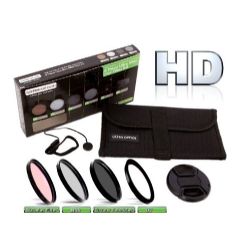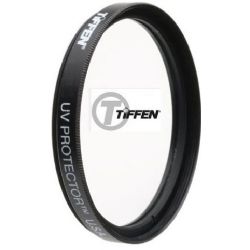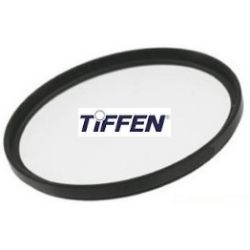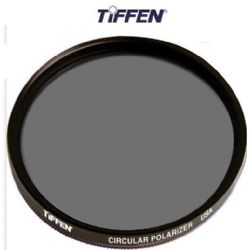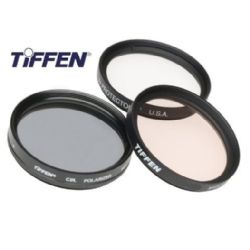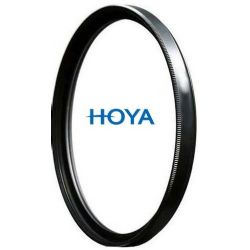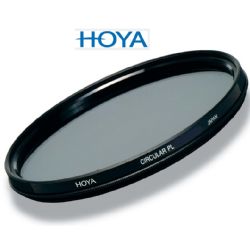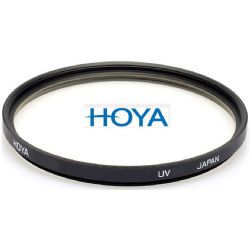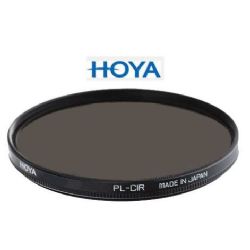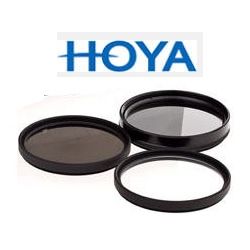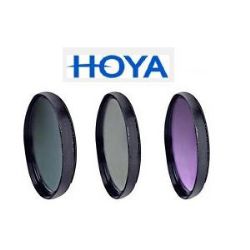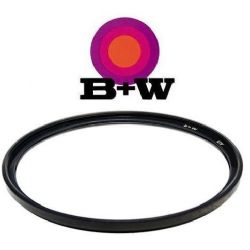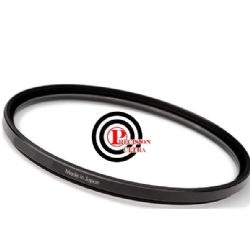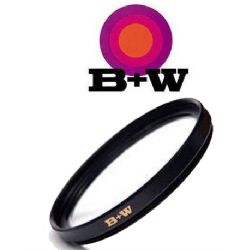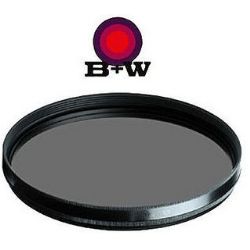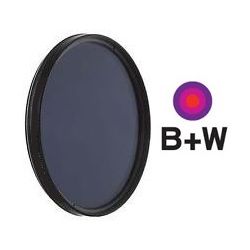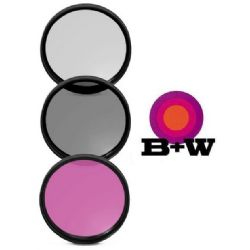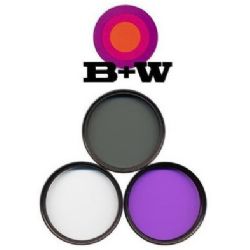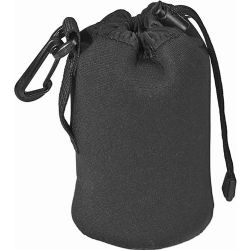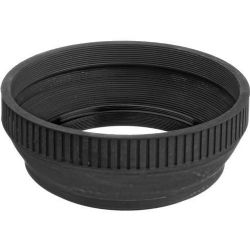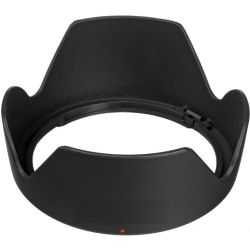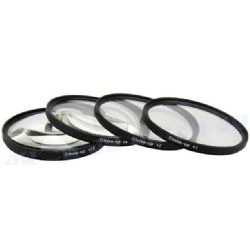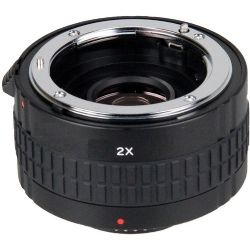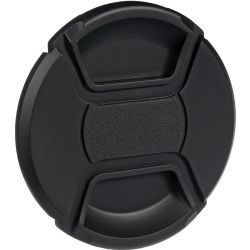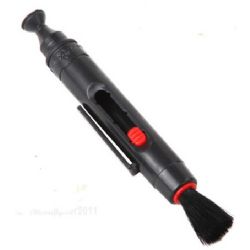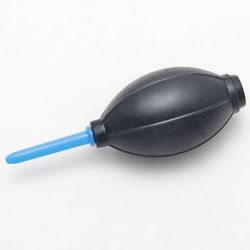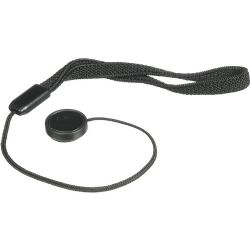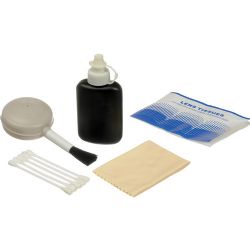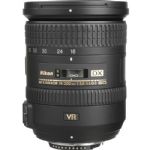



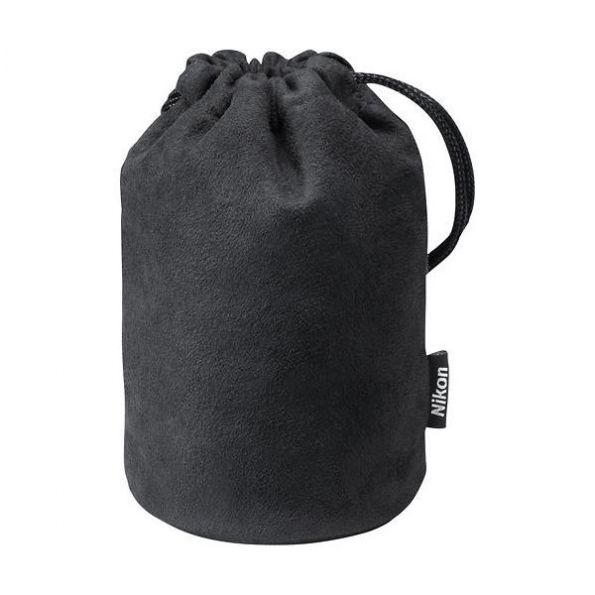
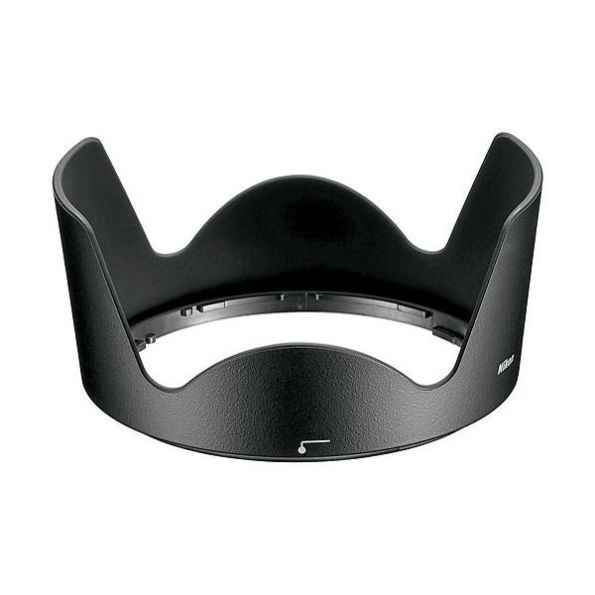



Nikon 18-200mm f/3.5-5.6G AF-S DX NIKKOR ED VR II Lens
$439.00
$599.99
You Save: $160.99 (27%)
In Stock
Ships in 1-2 Business Days
Item: 278302
Manufacture: Nikon
Condition: New
Extended Warranty Protection Plans
Filters & Filter Kits
Pouches & Cases
Assorted Hoods
Extenders, Converters, Close Up Accessories
Caps & Lens Holders
Lens Cleaning & Care
Wide open at 18mm, the lens produces images with a generous sweet spot of sharpness, around 1.5 blur units through the middle of the frame. The sharpness degrades slightly towards the corners, where we note around 2 blur units. Stopping down offers only marginal improvement, both in the corners and the center of the image, until we note maximum sharpness at this focal length at ƒ/8. At this point central sharpness is still sitting at around 1.5 blur units, but the corners are just a hair under 2 blur units.
Mid-range performance is much improved over the previous version of the lens. Between 24 and 70mm, at the widest aperture settings, central sharpness rests at between 1.5 and just under 2 blur units, while corner sharpness (similarly to the previous version of the lens) varies between focal length setting. At 35mm it is particularly noteworthy, showing upwards of 5-6 blur units, but at other focal lengths between 24 and 70mm it's relatively innocuous - around 2-3 blur units. Stopping down to ƒ/8 offers great improvement, taming the corners dramatically, and producing average performance of between 1 and 1.5 blur units. For maximum sharpness I would set this lens to 50mm and ƒ/8.
Telephoto performance at 135mm and 200mm is still the weak point for this lens, but again, it is somewhat improved over the previous version. By these focal lengths the maximum aperture setting is ƒ/5.6, which makes the vibration reduction setting all the more useful. In terms of results, at 135mm we note a small sweet spot of sharpness in the center of the image at around 1.5 blur units, which softens quickly to around 3-4 blur units at the corners. At 200mm this effect is similar but the sweet spot is smaller. Stopping down in both cases produces marginal gains, more so at 135mm than 200mm, but not much.
Fully stopped-down performance isn't bad, producing images with around 2-3 blur units. At 200mm however, we note results in the range of 4 blur units.
| Image Circle | APS-C |
|---|---|
| Type | Standard Zoom |
| Focal Length | 18 - 200mm |
| APS Equivalent | 27 - 300mm |
| Max Aperture | ƒ/3.5 - 5.6 |
| Min Aperture | ƒ/22 - 36 |
| Diaphragm Blades | 7 (rounded) |
| Lens Construction | 16 elements in 12 groups, including 3 aspherical and 2 ED elements |
| Diagonal Angle of View(Based on image circle) | 76 to 8 degrees |
| Focus Details | Internal; AF-S "Silent Wave" motor with full-time manual focus override feature |
| Front Element Rotation | No |
| Zoom System | Rotary |
| Closest Focus | 0.5m / 1.6 ft. |
| Magnification Ratio | 0.22x / 1:4.5 |
| Filter Size | 72mm |
• 72mm Snap-On Lens Cap
• LF-1 Rear Lens Cap for F Mount Lenses
• HB-35 Lens Hood
• CL-1018 Lens Case
• Brand New Factory Fresh Import Model




